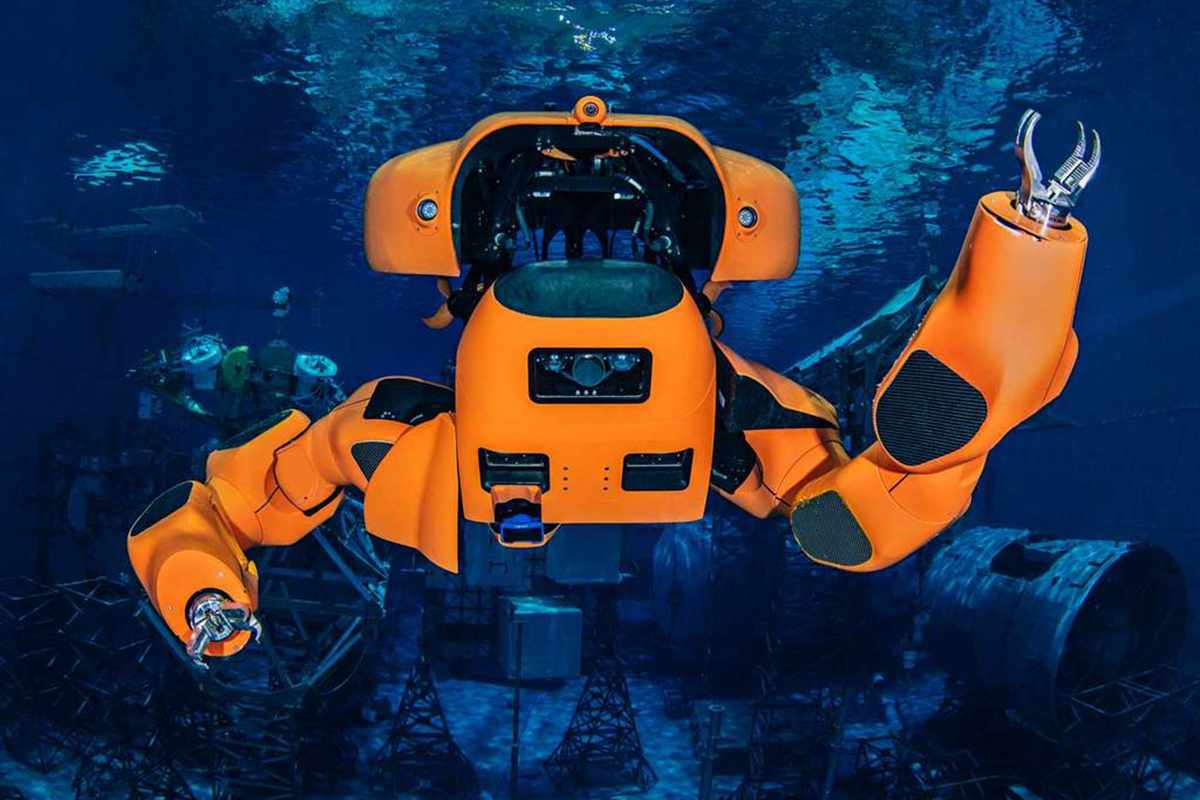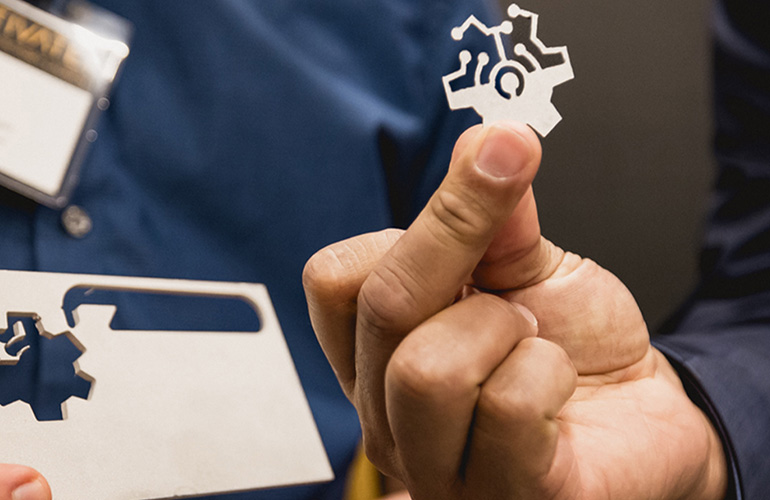The robotics world has lost a pioneer. Aldebaran Robotics, the French company behind the beloved Pepper and Nao robots, has been placed in receivership after years of financial struggles. The firm, which once symbolized the future of humanoid robots, is now searching for a buyer to save its legacy.
The Rise and Fall of a Robotics Icon
Founded in 2005 by Bruno Maisonnier, Aldebaran became famous for its friendly, approachable robots:
Nao: A small, bipedal robot used in education and research, even replacing Honda’s Asimo in RoboCup soccer tournaments.
Pepper: A wheeled humanoid with a tablet on its chest, designed for customer service in banks, stores, and homes.
At their peak, Aldebaran sold 20,000 Nao robots and 17,000 Pepper units across 70 countries. But despite their charm, the robots had limited commercial success—Pepper’s high price ($30,000 upfront or $2,000 + $550/month subscription) and lack of long-term demand led to its discontinuation in 2020-2021.
Ownership Shifts & Financial Troubles
Aldebaran’s journey was marked by repeated changes in ownership:
2012: Bought by SoftBank for $100M, rebranded as SoftBank Robotics Europe.
2022: Sold to United Robotics Group (URG), which tried reviving the brand but stopped funding in 2024 after $29M in losses.
Despite efforts—like Pepper’s deployment in HSBC banks and a Haier smart home partnership—the company never achieved the scale investors hoped for.
Why Did Aldebaran Fail?
While Pepper and Nao were robot ambassadors, they struggled with:
🔹 Limited functionality (couldn’t manipulate objects well)
🔹 High costs for businesses and schools
🔹 Competition from more advanced, AI-powered robots today
What’s Next for Aldebaran?
The company is still seeking a buyer, but its future remains uncertain. If no rescue comes, its intellectual property, staff, and robot support could fade away—marking the end of an era in social robotics.


















